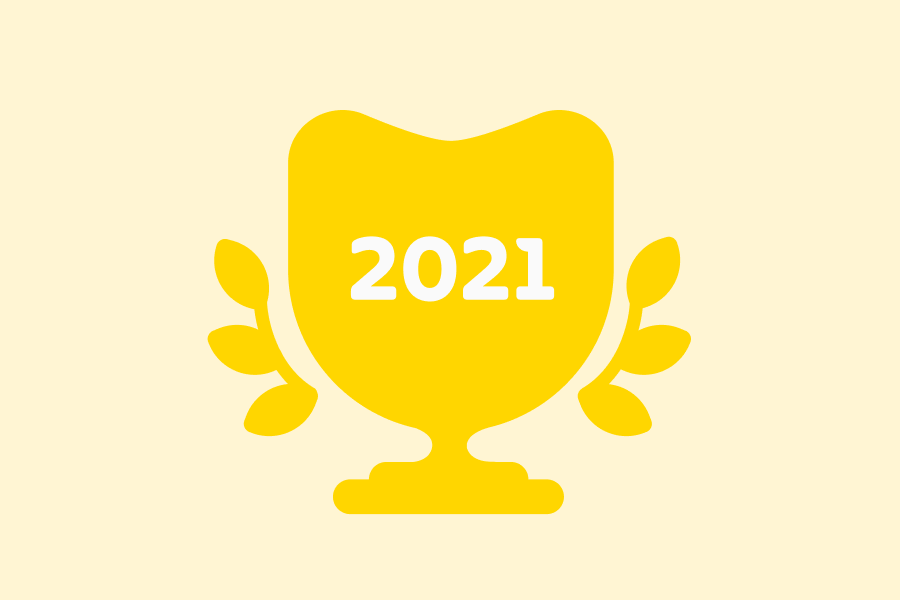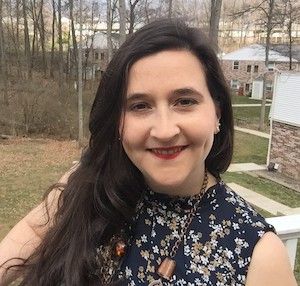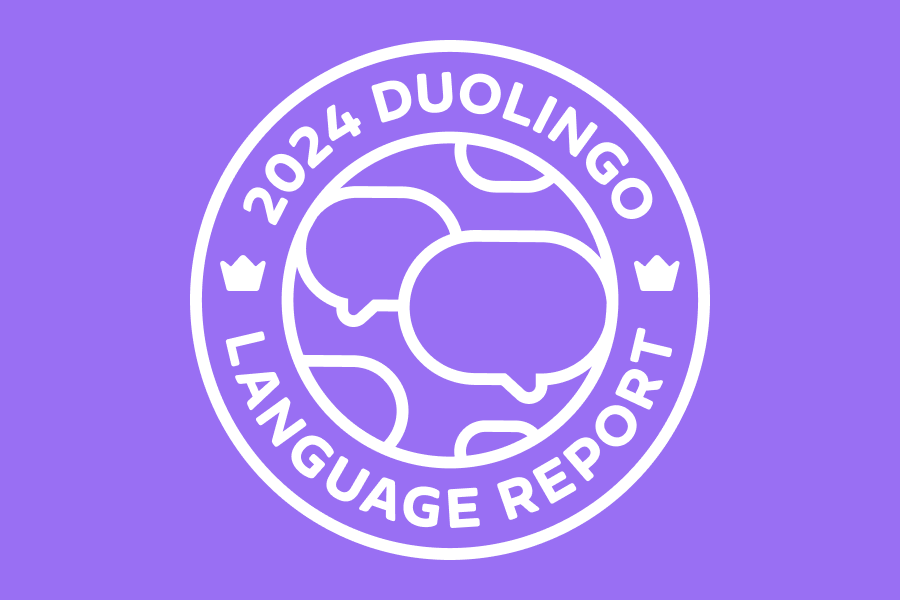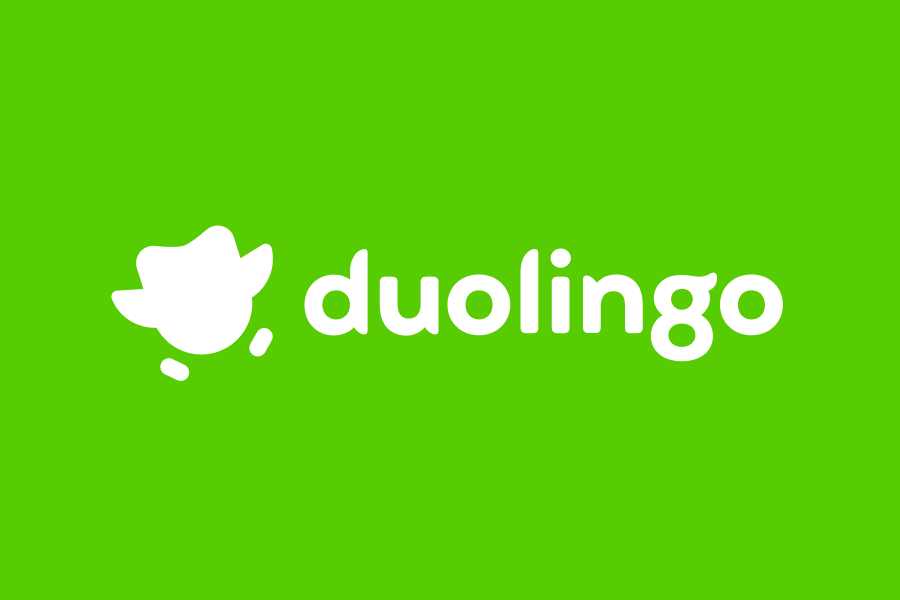In 2020, we launched our Duolingo Research Grant program to support master's and doctoral student research about language learning and teaching with technology. The program supports scholars whose work is foundational for the next generation of language educators here at Duolingo and around the world. Their findings improve language learning for all of us!
Today we're announcing our 2021 research grants, and we were so impressed with the caliber of applicants that we decided to award six doctoral grants this year instead of five. Congratulations to this year's recipients!
Yingzhao Chen, PhD research

Yingzhao’s study explores how providing word definitions in learners’ first or second language influences word learning. English learners read a novel, during which they can click words to check the definitions. After reading, learners’ speed and accuracy in recognizing and recalling the words are measured.
Ben Naismith, PhD research
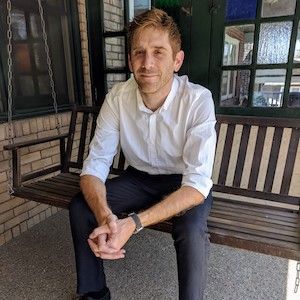
Ben's study investigates how aspects of collocations (words that commonly go together) affect the quality of English learners’ essays. In this experiment, experts rate versions of essays in which the collocations vary in specific ways. These ratings are then compared to established vocabulary measures to determine which variations are most important.
M. Gabriela Puscama, PhD research
Gabriela's study tests how the way you learn vocabulary in a new language shapes the connections between words in your mind. In two experiments, English speakers will be exposed to Spanish words under different conditions and will then complete comprehension and speaking tasks in Spanish, while their eye movements are recorded.
Lesley Smith, PhD research
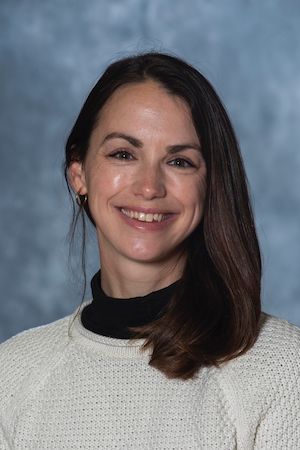
Lesley's dissertation examines the effects of computer-delivered feedback on how people learn a specific kind of French grammar structure. French learners with and without prior knowledge of the structure will receive different types of feedback on a reading task during which their responses and accuracy will be analyzed.
Diana Velázquez-López, PhD research
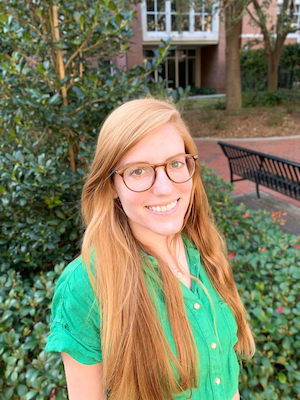
Diana's study explores how technology facilitates acquisition of Spanish vowel pronunciation. New learners and those who heard some Spanish at home will receive pronunciation instruction and practice with automated speech recognition or visual feedback tools in their Spanish classes. Their oral production will be tested three times during the semester.
Dandan Yang, PhD research
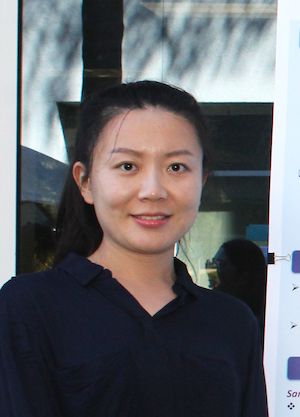
Dandan's study investigates a) how multimedia interactive storybooks should be designed to better support parents and their children who are learning English; and b) how parents and children interact with the storybook and how these interactions are associated with children’s English vocabulary learning and story comprehension.
Elliot Bannister, Master's research

Otȟókahe (meaning “beginning” and/or “leading the way”) is an online platform for teaching Dakota/Lakota, launched in the pandemic by the Standing Rock Sioux Tribe. Elliot’s thesis studies community perceptions of the platform and its use in language revival – with the results helping drive the next evolution of features and curriculum.
Improving language learning and teaching, for everyone
Our 2021 Duolingo Research Grant recipients are addressing big questions in the field of language-learning research, and we can't wait to follow their progress and learn from them over the coming years! Follow us on Facebook, Instagram, and Twitter for the latest, and look for our 2022 call for proposals in January. Bravo to our 2021 cohort!
